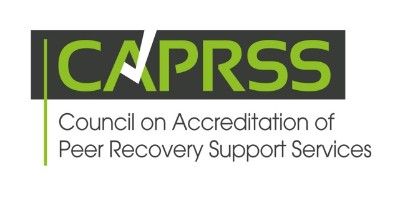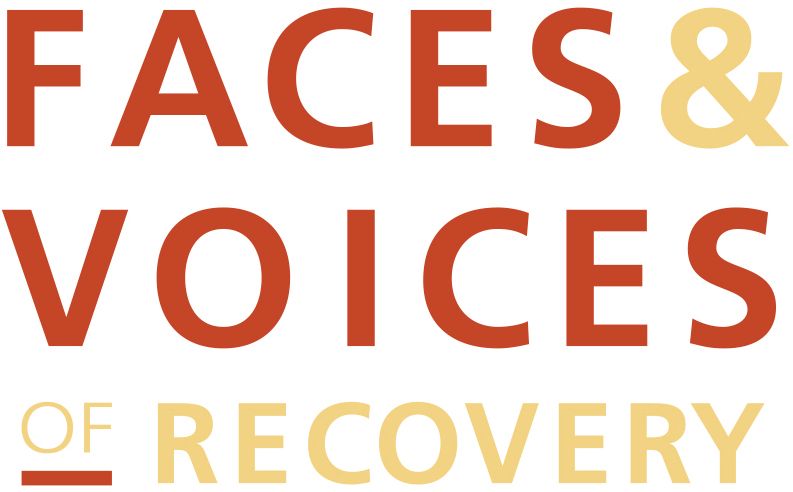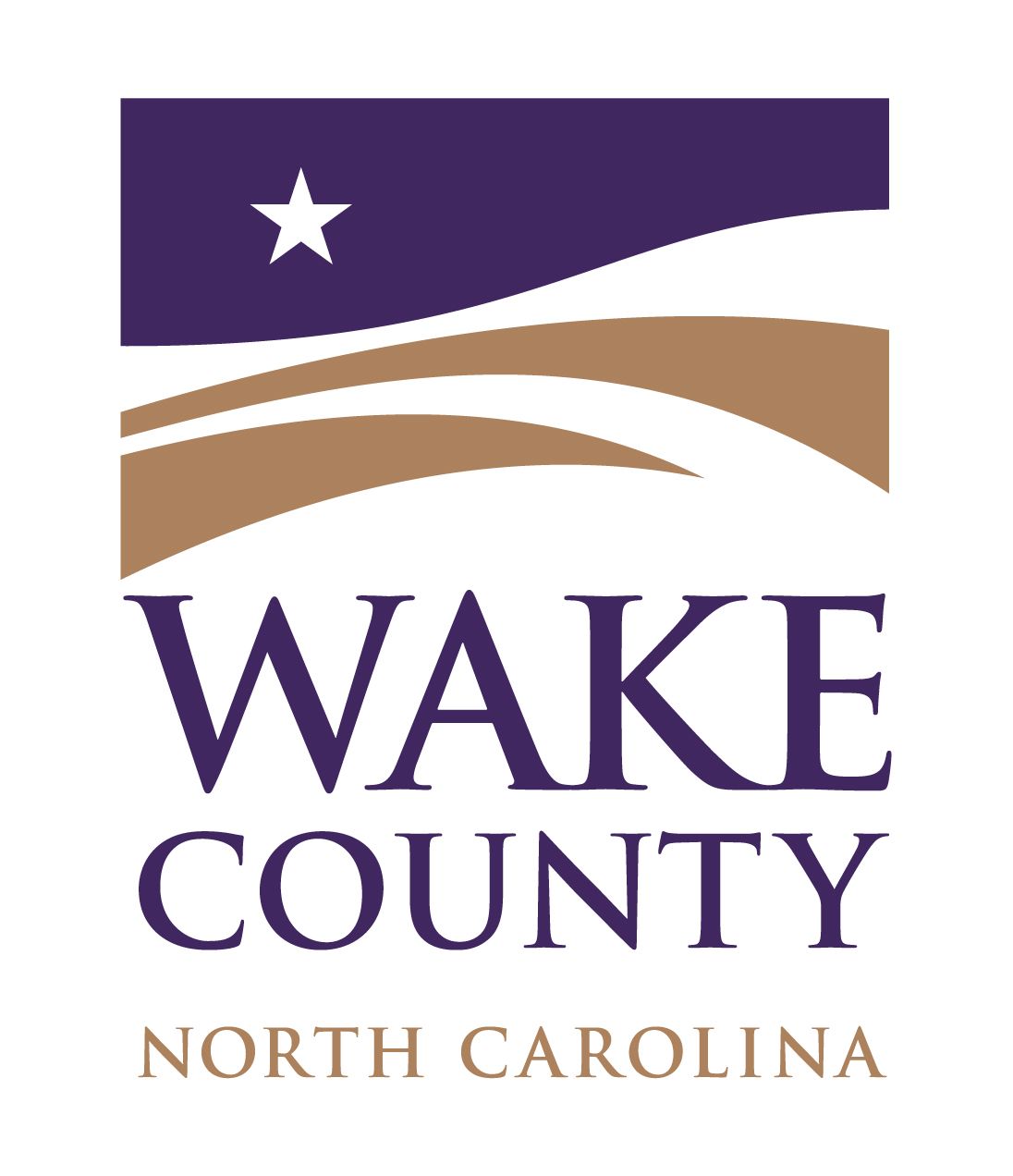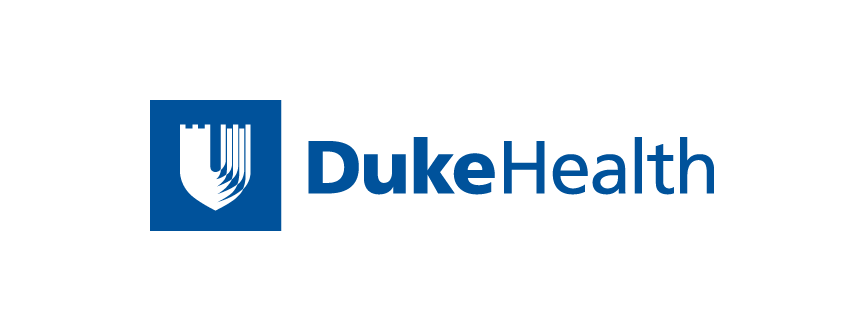LEADER AS COACH
Learning the strategies to effectively manage people while transforming your agency into a sustainable, servant leadership, goal-oriented and results-driven addiction recovery organization
Those of us who lead, know the challenges associated with managing an addiction recovery or service organization are many and diverse. None the least of which is effectively managing people in a fluid environment. Without the ability to manage effectively, organizational growth is not possible over the long term.
Employees have new expectations. According to Salesforce (major U.S. Customer Relations Management cloud-based company), 60% of employees want to hear from their managers, 66% want more recognition at work, 70% want to feel more aligned at work, and 75% hate traditional performance reviews.
The role and responsibilities of the people manager is changing too. While managing for performance remains a key responsibility (“To what extent did you achieve what we agreed upon?”), the manager is also responsible for helping guide and accelerate the employee’s process of acquiring the skills and experience needed to perform, contribute, develop and thrive. When these process needs are met, the end result is that the needs of recoverees (and those that come to us for support) are met.
THE OPPORTUNITY:
Managerial conversations focus primarily on task planning and completion. The manager sets expectations, gives direction, monitors activity, helps remove barriers, and evaluates performance relative to expectation. Coaching conversations aim to enhance an employee’s self-awareness, ability, and confidence by exploring how the employee thinks, feels, and responds to people and situations.
The question for the manager: Is this managerial conversation also an opportunity for coaching? Coaching occurs in a variety of situations: before a challenging event, in the midst of action, after a triumph or defeat, or during the pause between assignments. There are three basic types of conversations where coaching is appropriate: Problem-Solving -To figure out the best approach for solving a problem, pursuing an opportunity, or producing a specific result.
Feedback - To reinforce or change a specific pattern of behavior. Career Development -To define the employee’s professional or personal aspirations and explore alternative pathways for realizing those aspirations. The greatest impact a supervisor can have on their direct reports’ day-to-day experience and effectiveness is to guide their conversations with them to mutually satisfying outcomes.
PURPOSE OF THE WORKSHOP:
To increase your ability to guide daily conversations that support your direct reports, colleagues, peers, and supervisors to
- perform effectively at their jobs and make an ongoing impact
- to have a positive impact on the recovery or service organization and those they serve
- to develop their own skills and confidence
- to collaborate with you and others
- to enjoy their work and their colleagues
LEARNING OBJECTIVES:
Specifically, by the end of the session, attendees will be better able to:
- Use a variety of listening and speaking skills to improve the outcomes of daily conversations with direct reports and other colleagues.
- Coach someone through a problem-solving conversation in a way that increases the person's ability to take initiative and resolve the issue.
- Provide constructive performance feedback in a way that influences a colleague's thinking and behavior.
- Guide a career development conversation in a way that enhances an employee's motivation to learn, grow, and contribute.
Scholarships: Those in recovery, no cost
Organizations helping those in recovery: $20.00 per attendee Other organizations: 35.00 per attendee
YOUR RCNC FACILITATOR
Dr. Rita Anita Linger, serves as Executive Director of RCNC. She has 30 years of experience in designing, implementing and overseeing organizational effectiveness initiatives and wellness programs in major for-profit corporations, non-profits and healthcare systems, including working to identify and execute strategic business imperatives. She has assisted in the development of working teams, performance development and management strategies and tools for diverse organizations. Dr. Linger is a Master Certified Trainer, Facilitator, executive/business coach, licensed Personality/Typology and Emotional Intelligence provider, Licensed Integrative Health Practitioner and Certified Conflict Resolution Trainer, Arbitrator and Facilitator and Mind-Body Therapist. She teaches PhD and Masters level Business and Health courses at several universities nationally.
Additionally, Dr. Linger has a background in Contemporary Neuroscience, Psychophysiology, and Mind-Body Medicine. She also implements holistic approaches to wellness for individuals, organizations and communities through the venues of health/wellness coaching, mind-body medicine and mindfulness- based stress reduction strategies. She has worked with people who have substance use and mental health disorders to find places of homeostasis and recovery within communities and organizations for decades.
For more information email us at info@rcnc.org.









